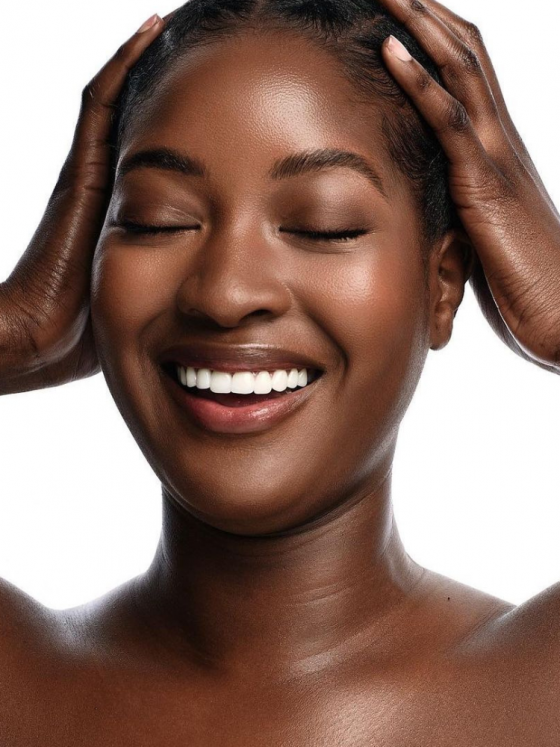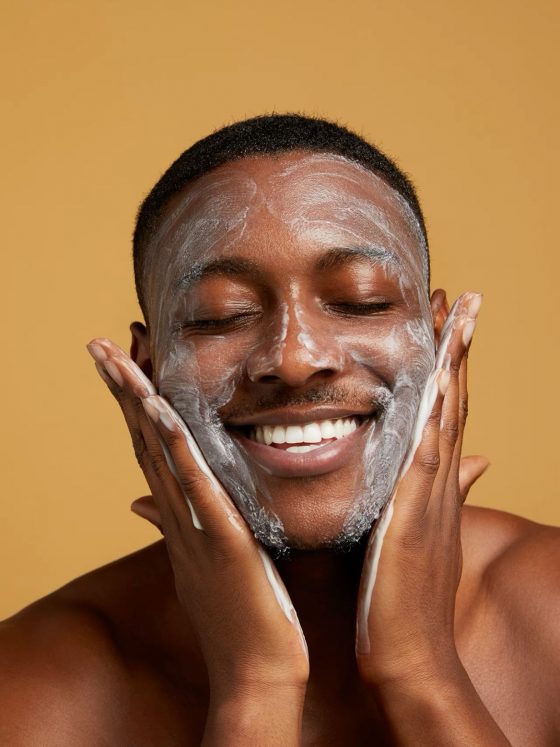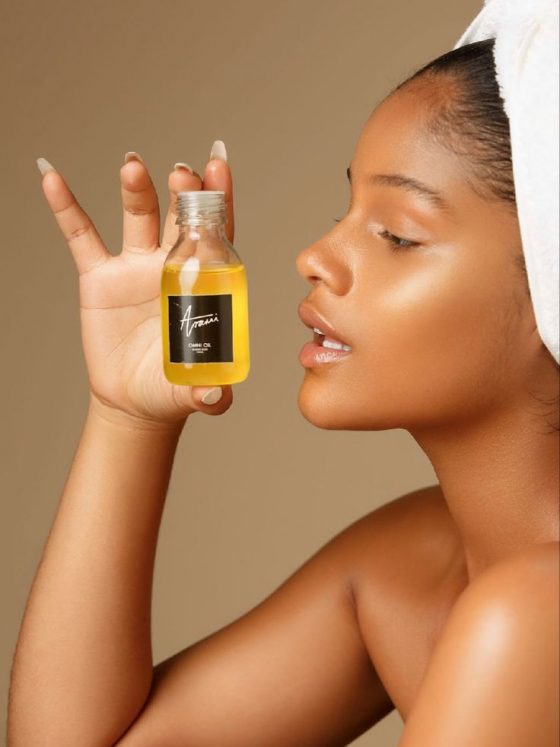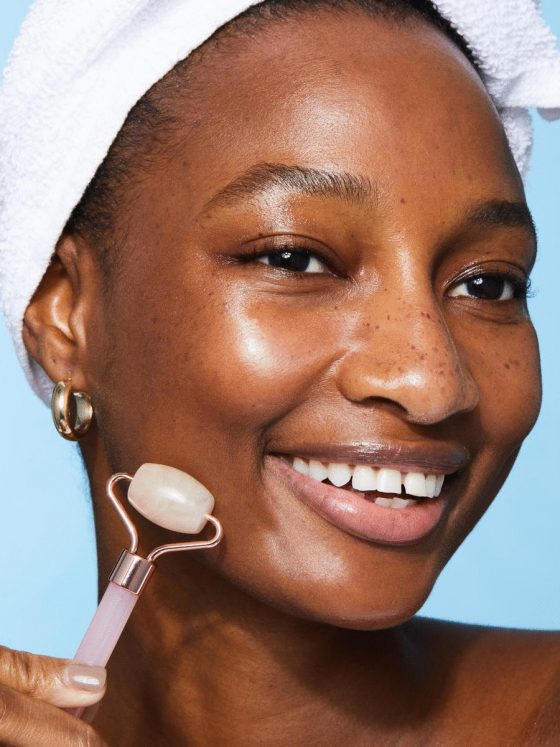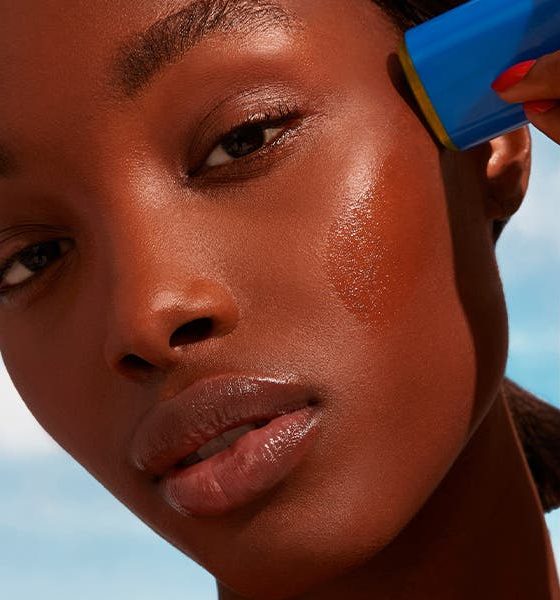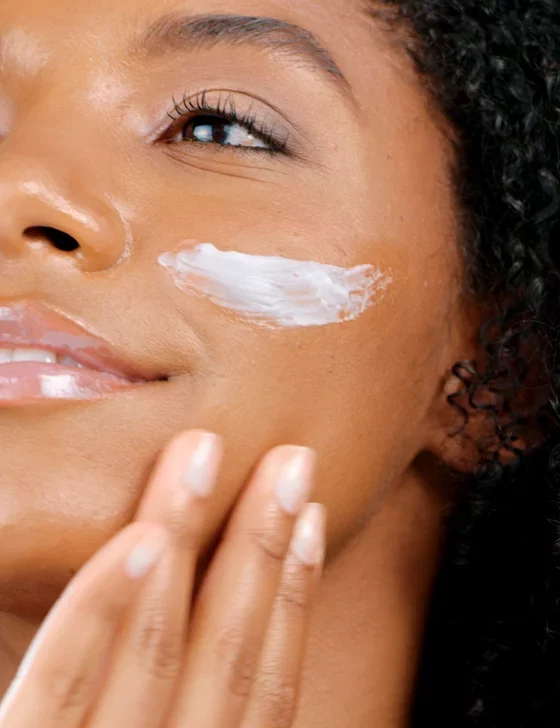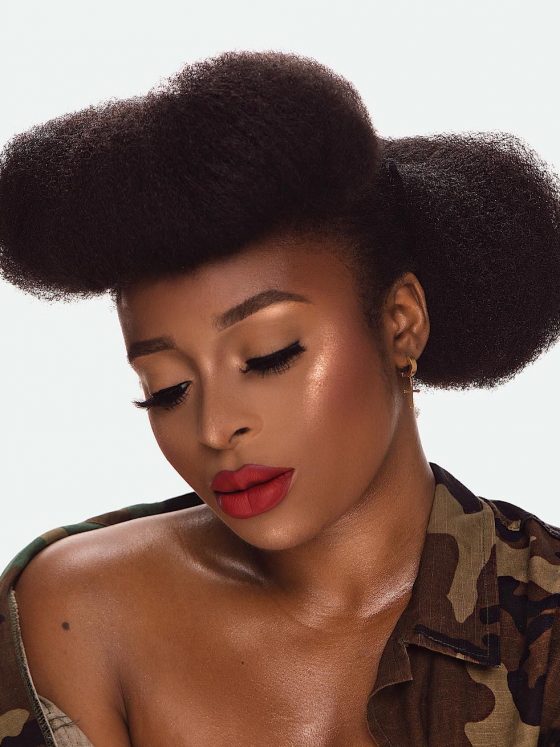Collagen supplements have taken the wellness world by storm, especially among women looking to combat the visible signs of ageing. With promises of youthful, glowing skin and healthy joints, it’s no wonder that collagen has become a staple in many daily routines. But, like anything that comes with the promise of miracles, is there more to the story?
We all know that as we age, our bodies produce less collagen—leading to those dreaded fine lines, wrinkles, and sagging skin. Collagen, for those who are new to the game, is a protein that gives structure and firmness to the skin, hair, nails, and even joints. Imagine it as the scaffolding that holds up the beauty and strength of your body. However, as the production slows, things start to lose their youthful bounce, and the quest for the perfect anti-aging solution begins.
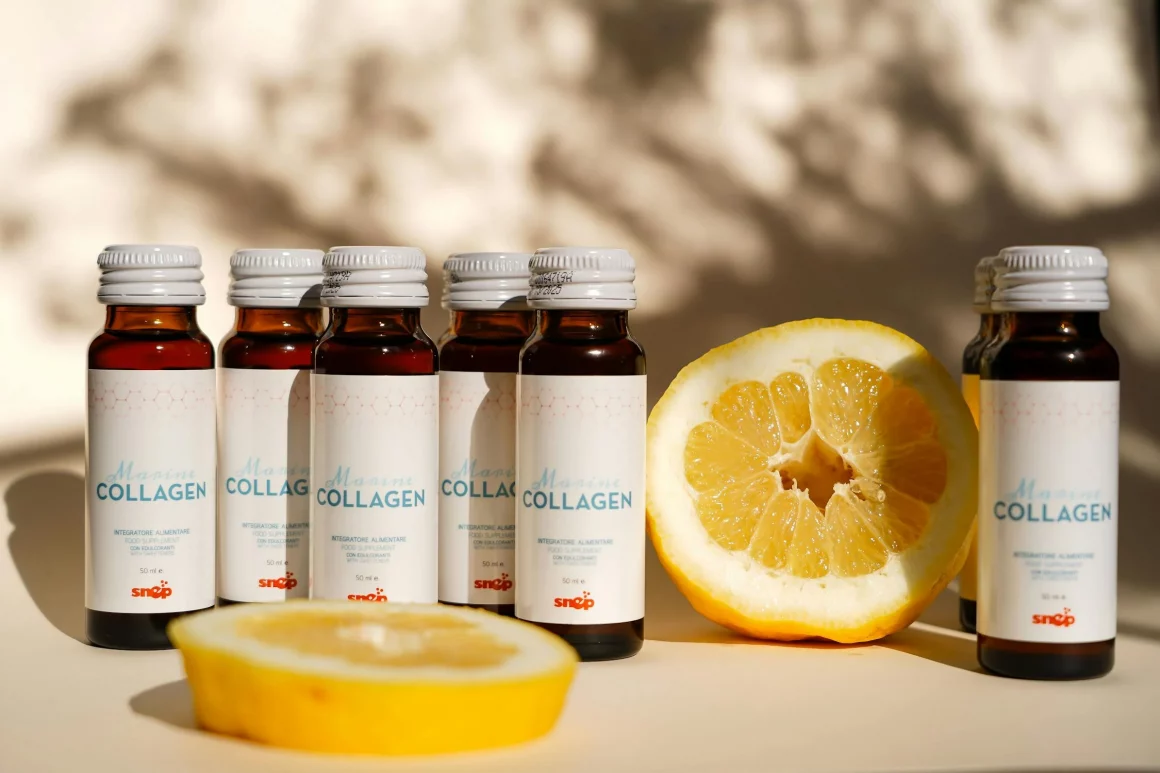
Collagen Supplements: The Beauty Elixir?
There’s no denying that collagen supplements have some impressive benefits. By replenishing lost collagen, these supplements promise to smooth out fine lines and improve skin elasticity, helping you reclaim that dewy, youthful glow. Many women swear by it not only for skin but also for stronger hair, nails, and better joint health. No more creaky knees or weak nails—just beauty, inside and out!
The Right Type of Collagen Matters
Before you rush to the store to stock up on collagen supplements, it’s worth noting that not all collagen supplements are created equal. Different types of collagen come from various sources, like bovine (cow) or marine (fish). So, how do you know which one is right for you?
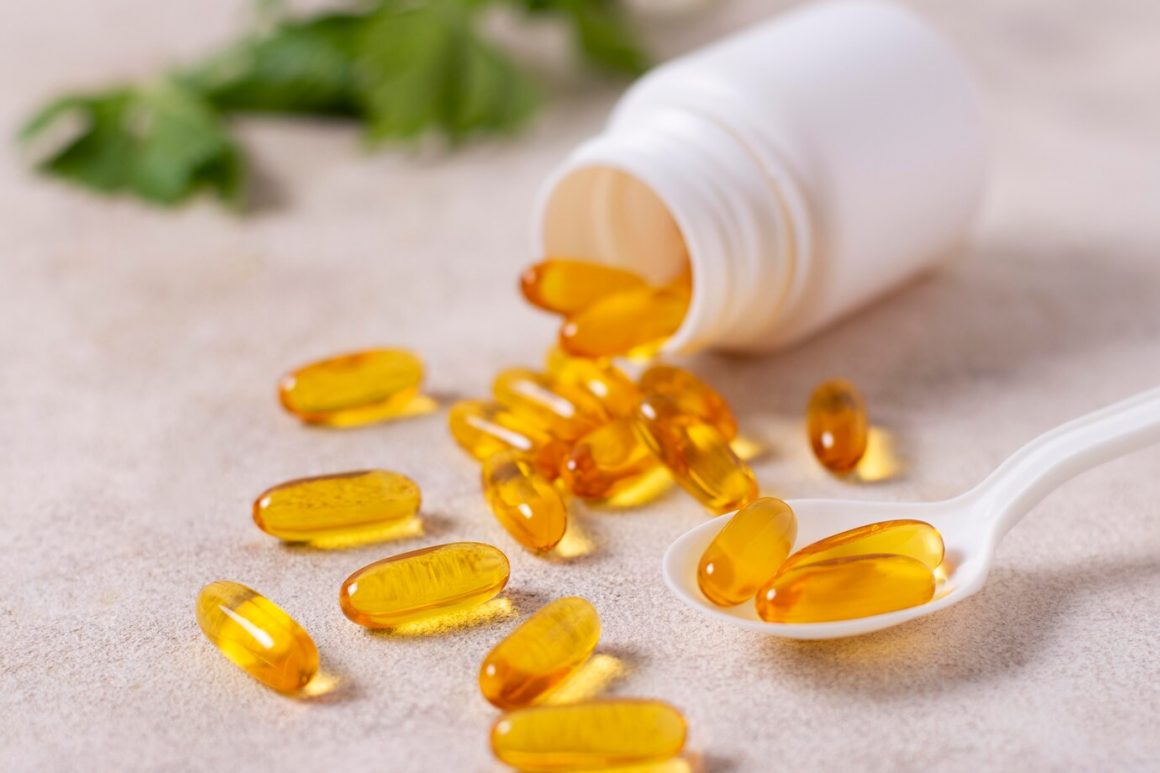
Depending on your goals—whether it’s improving skin health, joint flexibility, or hair growth—you’ll need to choose the right type of collagen. For example, type I collagen is known to support skin, while type II is better for joint health. Do your research or talk to a healthcare professional to get the most out of your supplement.
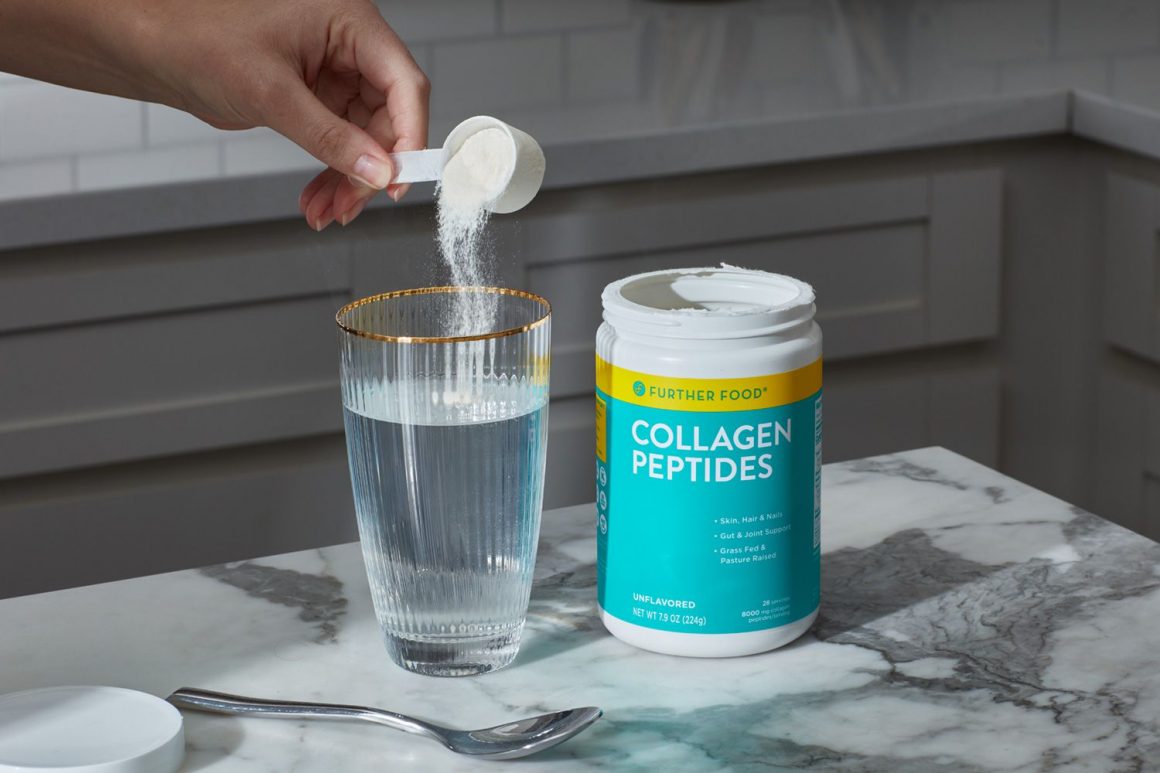
What They Don’t Tell You About Collagen
While collagen supplements might seem like the perfect solution, a few lesser-known factors could affect how well your body absorbs this trendy protein. From gut health to potential allergic reactions, these are things you might not hear from influencers raving about their flawless skin.
1.Allergic Reactions
Collagen is typically sourced from animal products like cows or fish, which can lead to allergic reactions in some people. If you’ve ever felt itchy or broken out in hives after starting a supplement, you might be one of the unlucky ones. In more severe cases, collagen can cause facial, lip, or throat swelling or even difficulty breathing. Always test new supplements cautiously, especially if you have food allergies.
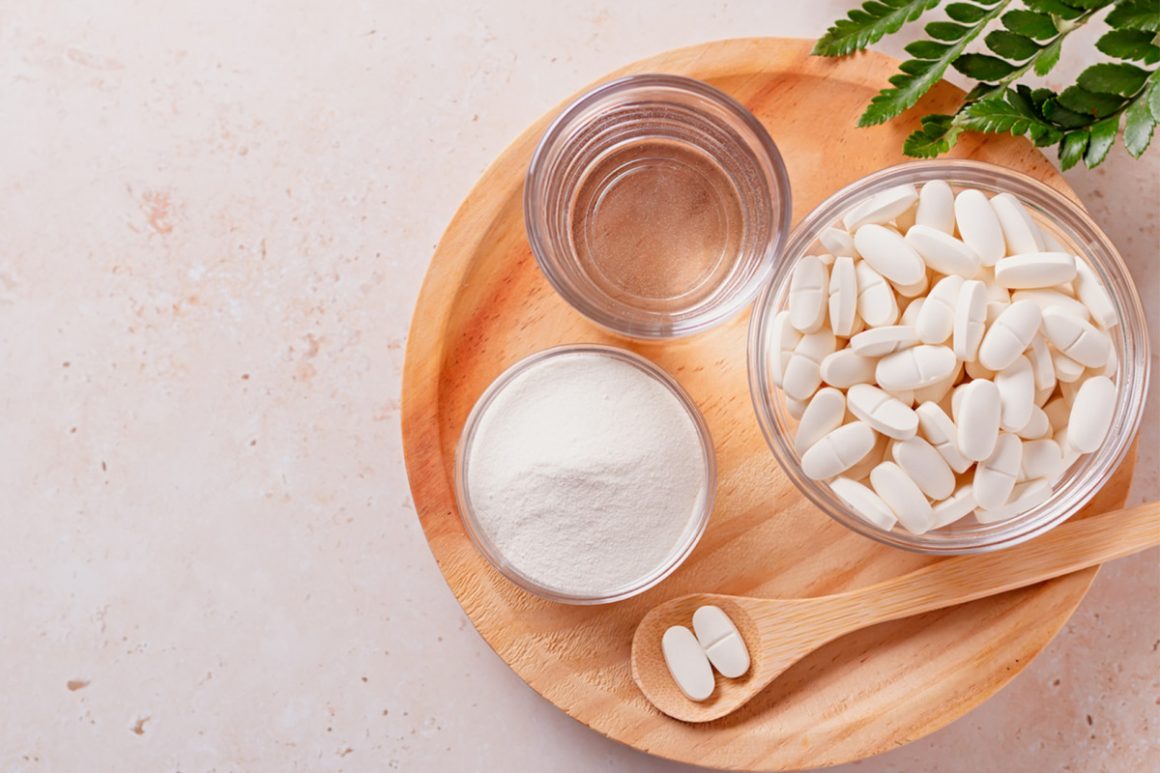
2.Gut Sensitivity
One of the lesser-discussed side effects of collagen is its impact on digestion. Since collagen is a protein, it takes longer to digest than carbs or fats. Some people report feeling bloated or overly full after taking it. Others might experience constipation or diarrhoea as their bodies adjust to the new supplement. Keep an eye on how your body reacts and adjust your dosage if needed.
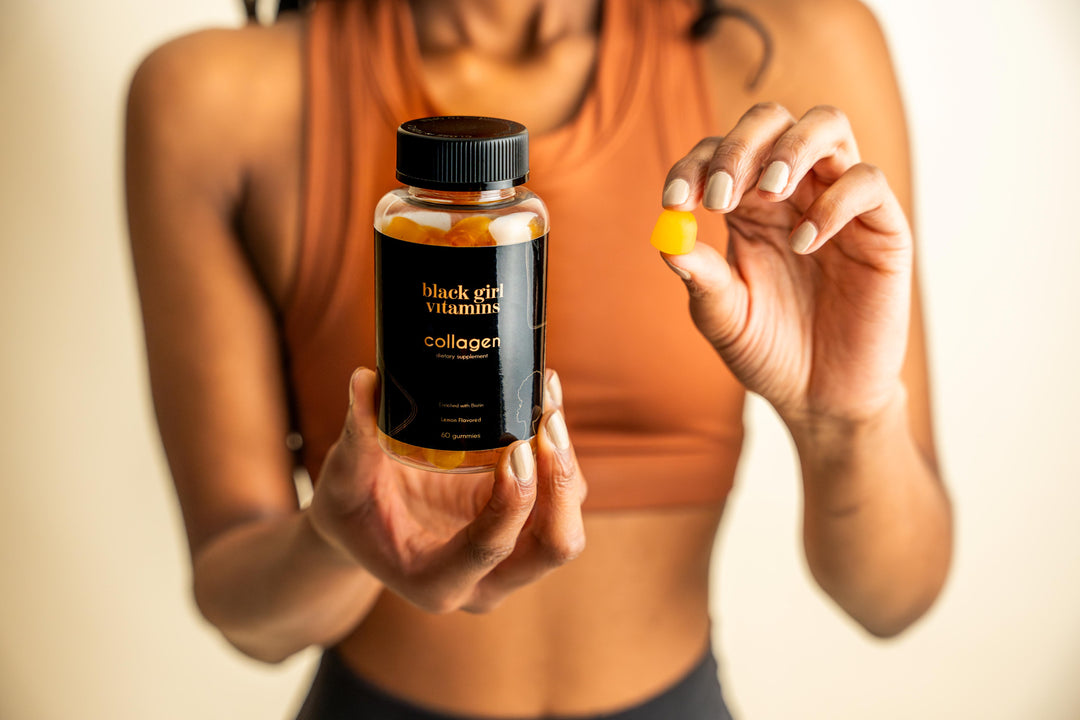
Natural Ways to Boost Collagen
If popping pills or drinking up powders isn’t your thing, don’t worry! You can naturally boost your collagen levels with some simple dietary tweaks. Foods rich in collagen include bone broth, fish, and chicken skin. Berries, leafy greens, and nuts are also known to help the body produce more collagen. So, while supplements are great, a balanced diet might just be your best friend in the collagen-boosting game.




